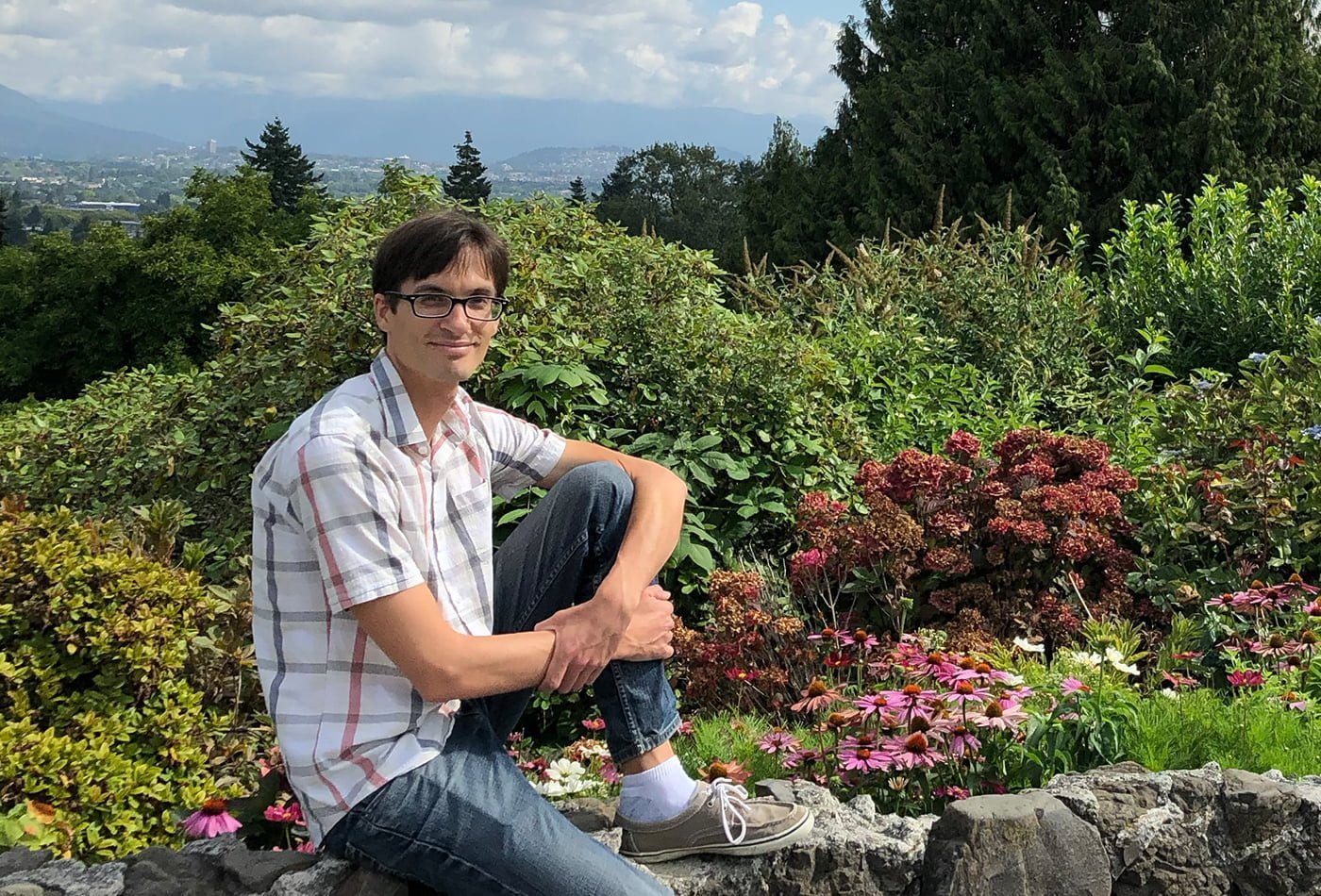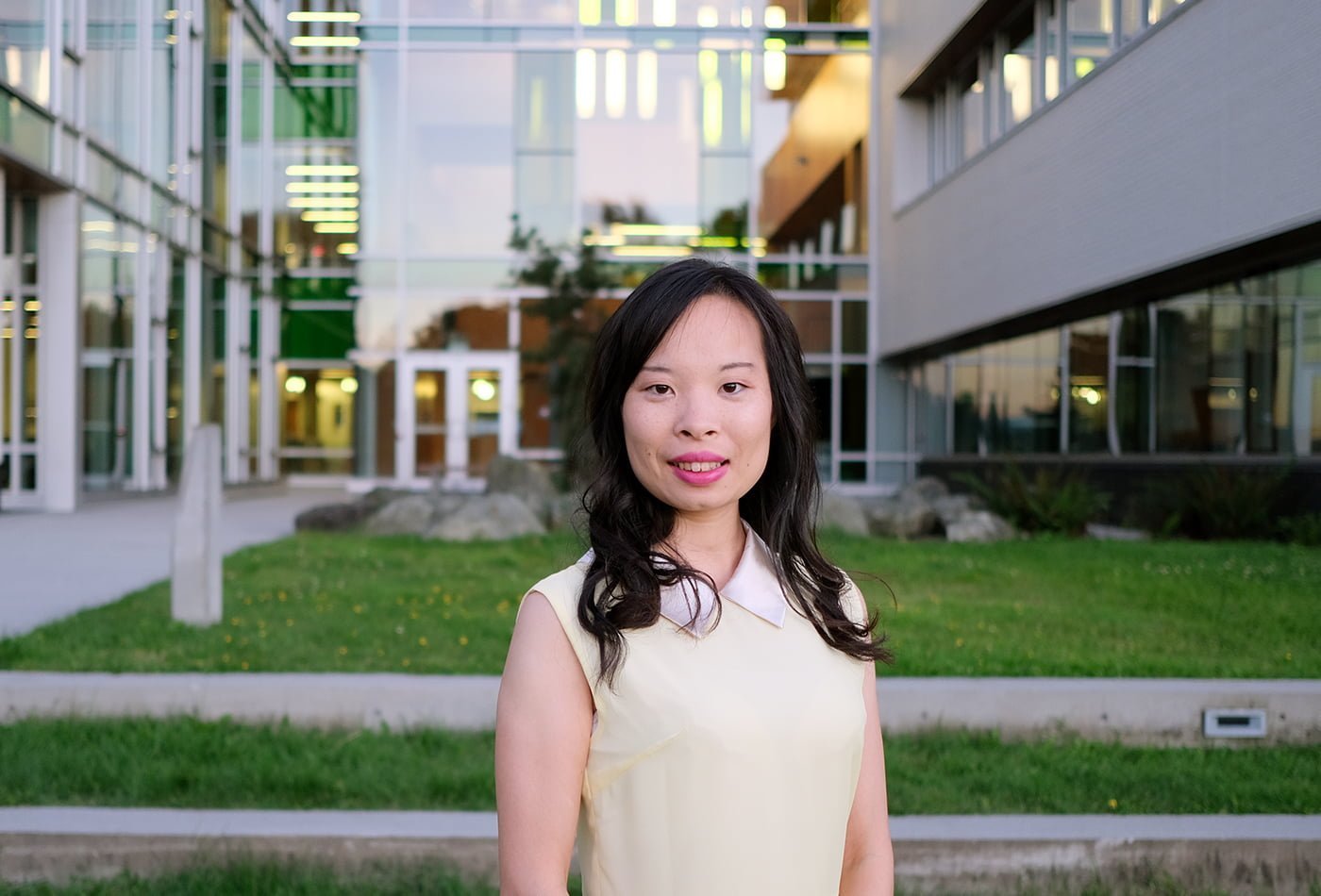ARTIZO ADAPTS
With the pandemic changing seemingly every aspect of our lives as we search for a “new normal”, how is Artizo affected? We asked four Artizo interns how their ministry has changed over the past year, what gains or losses there have been as a result of changes in ministry formats, and how this experience shapes how they think about ministry in the future. The answers are both encouraging and discouraging.
FROM ANDREW BUCHANAN
One of the great things about God is that He’s sovereign over everything. Whatever the circumstance His grace is sufficient. In the midst of difficulty, our own need becomes more apparent, and we witness the work of His Spirit.
Evangelism on the streets took a hit, but we switched gears by being more intentional in sharing the Gospel in our phone calls and emails. With a newfound surplus of time on our hands, we were able to reach out and listen and love those that we’d known for a while. People became more open to talking about their struggles. There’s been a great wave of compassion and understanding that has swept through most of our relationships.
With my youth group of Grade 12 boys, switching things to Zoom actually helped us to maximize our time together. With less opportunity for silly antics, we were able to get to the heart of things quicker. It’s difficult to talk over each other on Zoom, so everyone got a chance to be heard.
This Season has been a sobering experience for everyone. People are asking deeper questions: what’s the significance of our lives; what are we working towards? The Bible has a lot to say on the matter, and I’ve found that people are more open to hearing what it has to say. As the usual goals and prizes of our society have been removed, there’s a hunger for something real. Many of us are too consumed with building our own empires to realize that we were meant for something more. A void has been created which reflects the void within our hearts. The question of our mortality has come to the forefront. And in our short lives, how are we to get along with one another? What kind of responsibility do I have towards my neighbour? Now, perhaps more than ever, the ground is tilled and ready to receive God’s promise of salvation.

FROM WILLIE SHAIN
Over the course of the year, we, like everyone else, have had to adapt. As the church shifted online, many of my ministries ceased. This included the 7:30 am communion service and evening service catechism. As the reality of the pandemic set in, I’ve had to think both creatively about my internship and think theologically about “the new normal”.
I’m currently working with St. John’s staff to come up with an online class that would be both engaging for people as well as spiritually nourishing. I’m also trying to use this time to think through what lessons can be learned in this pandemic. With the onset of a global pandemic, we’ve been forced into quarantine and isolation. How can we be salt and light in this environment?
It has been tough changing formats, and to be honest, I think the losses outweigh the gains. Even in the garden, God recognized that it is not good for us to be alone. Platforms like Zoom are a blessing but they are only bandaids. We cannot have the same type of conversations and relationships over Zoom that we have in personal interactions. However, in this time, we may be able to develop some content, courses, or online communities well. If and when we can meet again, online content may be ways we can supplement some of our ministries. For example, developing proficient online ministries may also serve those who are normally isolated.
Before the pandemic, I would have put my worth and significance in what I accomplished. The busier I was, the more important I must be. But when the world seemed to grind to a halt, I felt exhausted. As quarantine and isolation became part of my life, I felt worthless. During the pandemic, God is using quarantine and isolation to teach me about silence and solitude. In solitude and silence, I am learning to experience a new identity – one that is deeply loved by God.
This is all a circuitous way of saying that before COVID I would have thought of ministry as more of doing. Yet since COVID, I’ve reflected a lot on what it means to be deeply loved by God and how so much of ministry is reminding others of this fundamental truth, especially when the world gets turned upside-down.
FROM TOM DOUCE
Earlier in the year, I was helping lead catechesis, assisting with various evening service roles such as Sunday school, co-leading a small group, and occasionally preaching. After COVID-19 hit, the small group continued and I helped with evening service prayer, scripture reading, and liturgy, as well as occasional Zoom calls between Sunday school team and evening service kids. St. John’s called up all parishioners a couple times to check in with them and their needs, and I helped with that. Along with the other interns, I also helped with planning a sermon series on Colossians, then writing and editing Bible studies to complement the series. I joined in a pilot run of the Sanctuary Course (a curriculum for helping church communities respond helpfully to mental health matters), and then helped lead a Sanctuary Course focused on the mental health challenges associated with the pandemic.
That was a summary of activity changes. But you might be wondering about our experience of qualitative shifts in what ministry has been like. I haven’t actually noticed big changes in the spiritual questions people are asking, but there are social and mindset shifts which have spiritual implications. The progression of the year has brought a development in reactions to the distancing measures necessitated by the pandemic. Early on, it seemed that with all the disruption, there was a new desire for any form of together-ness that was possible. Organizationally, ministries seemed to focus on adapting, looking for opportunities and helping people cope. As time went on, social distance has become more of a routine. Church ministries toned down for the summer. Forms of community we desire have seemed difficult to retrieve. Meetings by Zoom are tiring and meetings in person are still not always as warm or comfortable as before. I think there’s a struggle for me and others with feeling and acting apathetic about the situation, and I think there’s a spiritual component to this.
Overall, I’ve felt kind of discouraged, mostly on account of my small group. The small group I was co-leading had already taken some hits as far as a sense of welcome and warmth right before I started leading a year ago; several members who generated an atmosphere of welcome, warmth, and openness, and who tended to take initiative, left for various reasons, and we had transitioned out of a home group context to a more institutional setting. When COVID hit and we switched to remote meetings, being there for each other was great at first, but over time, morale and the sense of connection/family have eroded and I feel like people don’t open up as much. Some members became more inconsistent in their involvement.
I’m not sure how much of this is my own weakness or neglect in leadership, or due to the dynamics of online and physically distanced meetings, or something else. I’m reminded now of the value of intentional periods of prayer for the group, and renewing my prayer for them. Due to further changes in people’s life circumstances and the balance of the group, we decided to disband as a group in September.
Talking to other church members, some tell me they seem to have been able to slow down, and connect with each other more frequently and intentionally than they would have pre-COVID. The social and spiritual effects clearly vary among us, and some have been positive.
Helping with the church calling list, I was encouraged by how a few of the people I called seemed to really appreciate the conversation, and one or two who hadn’t been to church in some time (even pre-COVID) seemed encouraged (without any prodding from me) to tune in to the service and renew their spiritual engagement in other ways. I’m thankful to see our Shepherd turning a bad situation into good, to seek out wandering sheep, and that He included me in the process.
I have a longstanding interest in the overlap of mental health issues and Christian spirituality. COVID-19 has led to an increase in mental health problems, with the spike in mental health-related deaths such as overdoses being much greater (at least in our local context) than deaths directly caused by the viral infection. Social distancing seems to interfere with some psycho-social-spiritual interventions (like church groups focused on grief or anxiety). However, I’ve been grateful to be a part of a pilot run of the Sanctuary Course at St. John’s, and recently (re-)wrote and led a theological section of a Sanctuary session we ran over Zoom for working through issues surrounding COVID-19. Tentatively, I will help lead a whole course toward the end of the year, and I suspect the online format may make it more accessible to participants. Thus, while COVID-19 has proved an obstacle, it has also led to different opportunities for developing in mental health-related ministry.
In terms of my sense of my own gifts and direction for ministry, I’ve felt discouraged about my leadership skills (in the sense of leadership as vision-casting, steering, managing, and strategically motivating groups). Those things continue to feel like weaknesses for me. On the other hand, I’ve felt encouraged and affirmed concerning my ability to contribute as a teacher and exegete, through catechesis, preaching, sermon series planning, writing and editing Bible studies, and leading a portion of the sanctuary course.
Thinking about ministry more generally, this crisis has made using phone and teleconference approaches more ready parts of my toolbox (as I suspect it has done for most people!). There is some grief associated with the reduction or loss, for the time being, of bodily aspects of ministry – of communion, singing, making eye contact, physical contact, sitting close together, showing our whole faces without it feeling like a tradeoff with safety/citizenship, sharing meals, giving rides, meeting as groups in living rooms, and the like. What I accepted in theory about the goodness of those things for the corporate spiritual life, I feel now on a deeper level, and hope to experience together with renewed thankfulness in the future.
But know that I’m really grateful for Artizo. It’s been a joy to be supported in my growth in this way!

FROM LUCY LI
Today we are living an unusual lifestyle. In March, when the pandemic hit here, I just finished my catechism seminar ” To be a Christian”. I realized that to be a Christian my purpose in life is to worship God. But how can I worship God with my brothers and sisters in St. John’s Vancouver? There is no GBS 3 and morning service in which I can worship and serve in person any more. As a Chinese pastor’s kid and going to church throughout my whole life, worship and serving others means a lot to me. I felt so alienated from the body of Christ in the beginning. I questioned how I could be a serving Christian during the pandemic.
One morning, after prayer and meditation, a small voice came to my mind: “The ministry you are seeking to serve is Jesus’s ministry. Pandemic stops us from serving others in person, however, it can not stop you serving others through prayer.” I shared this with my Artizo mentors. They confirmed that it is a good place to start and that God will show me the ministry opportunities around me. Here are some ministries I had done and what I learnt from them:
- Knowing that children are mostly staying home with parents, I wrote an essay to encourage parents to catechize children at home and shared it with some parents. Writing is also a way to worship God and serve others, rather than academic achievement.
- I listened and prayed for my friends who lost their jobs or face mental issues. At the end of every conversation, I would direct them to the eternal God, reminding them that God is good, all the time. Listening has been a great gift in this ministry. It gives me new insight into pastoral ministry: Christian teaching begins with holy listening.
- I attended online services at my home church for two months. I served with my prayer and encouragement to the pastors in my heart. I had not attended my home church for almost three years, so it gave me both a new and a familiar experience. I learnt that language, culture, and context matter to our preaching and pastoral ministry.
- I had been interacting with strangers and my neighbourhood more. For example, I met my neighbour for the first time last night. After introducing each other, we naturally began discussing religion because I attend a theological school. I prayed and asked God to give me patience and love to listen well. When I reflect on those casual conversations, I consider them as “open evangelical chances”.
As I look forward to the future, I trust that God is bringing me into ministry in a unique way. Prayer can give me a jump start. Prayer is empowering me in all circumstances. Prayer is reaching Jesus’s heart for people. Prayer is the ministry I can perform every day. In terms of other ministries, God will show the way. Amen!
